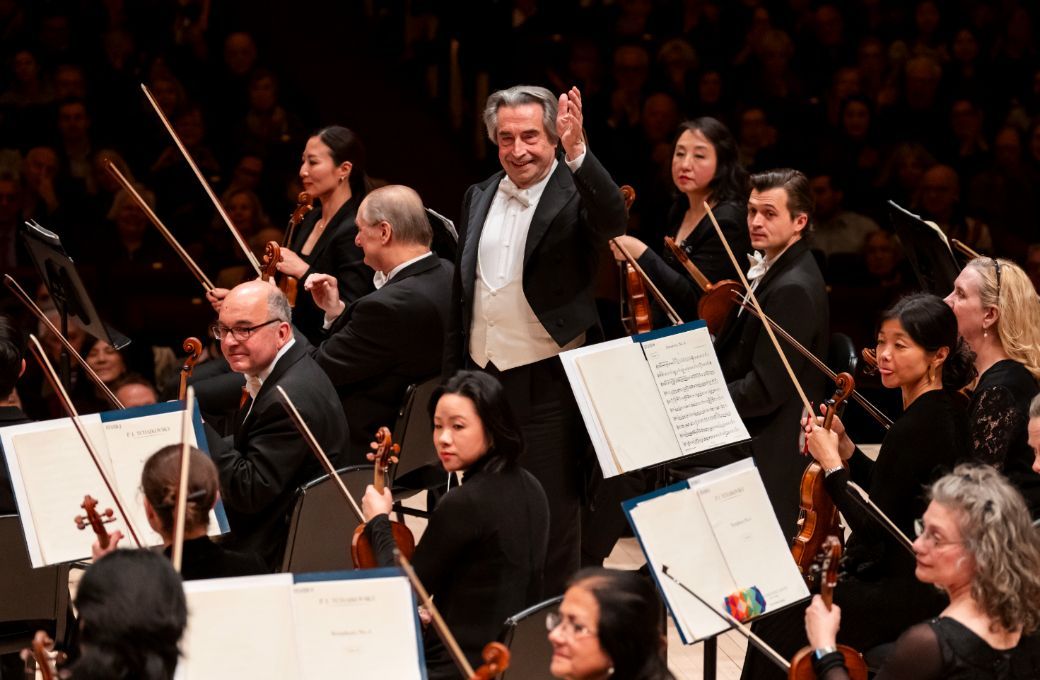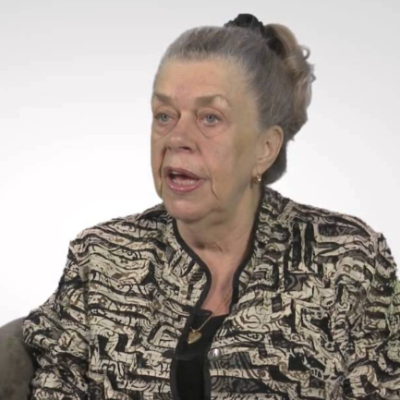Nearing the end of their first US tour together since January 2023, Music Director Emeritus Riccardo Muti and the Chicago Symphony Orchestra made a one-night stopover in Carnegie Hall. Opening with Bellini’s overture to Norma, the program also included Verdi’s ballet Les Quatres Saisons and Tchaikovsky’s Symphony no. 4 in F minor. Under Muti’s precise baton, the Chicagoans delivered a crisp, biting account of the overture, one that made the listener eager to hear what was to follow. Opening with powerful unison chords, Bellini’s score incorporates brief flashes of themes heard throughout his majestic bel canto opera. While the grand sweeps of the high-spirited strings were impressive, the bright, whistling woodwind interludes made this rendition most memorable.

Next came a charming and fluent account of Les Quatres Saisons, the elaborate allegorical ballet that Verdi, in deference to grand opera conventions in 19th-century France, composed for the 1855 Paris premiere of his melodramatic opera Les vêpres siciliennes. Bearing no connection to the opera itself, the ballet is usually omitted from contemporary productions. Divided (as one would expect) into four sections – Winter, Spring, Summer and Fall – the piece consists of sparkling melodies and infectious rhythms and maintains a cheerful mood for 30 minutes. Muti, his affection for the music clearly evident, elevated the score to vividly realized, symphonic-like harmonies. One could easily visualize dancers leaping and pirouetting as the colorful music moved along. Displaying extraordinary vigor, the 83-year-old maestro himself danced along as he conducted: crouching down, swaying from left to right, even leaping into the air at one point. Verdi’s score offers extended passages for solo woodwinds, which the Chicago players handled masterfully, responding to Muti’s energetic conducting style with ardor, fluency and splendid tone. Notable contributions included Stefán Ragnar Höskuldsson’s luxuriant flute and Stephen Williamson’s pliant clarinet in Spring, and William Welter’s sultry oboe in Summer.
The high point of the evening was the outstanding performance of Tchaikovsky’s Fourth Symphony. Muti elicited a totally revitalized reading: rhythmically precise, with wide variations in color and texture, and dynamics ranging from a barely audible pianissimo to an all but overly brazen forte. Opening with a powerful and precise intonation of the “Fate” theme from the orchestra’s glorious brass, this was a performance that highlighted the virtuosity and discipline of the ensemble. Throughout the volatile Allegro sostenuto first movement, with its constantly changing meters, the Muti’s acute sense of pacing was flawless, heightening the excitement in transitional moments. Beginning with William Welter’s remarkably transparent oboe solo, the mournful Andantino in modo di canzona conveyed an overwhelming feeling of weariness and melancholy. In the Scherzo: Pizzicato ostinato third movement, the CSO strings were at their finest, creating a uniquely clear and light-hearted percussive sound. Among the many fine solo contributions from principals, Stefán Regnar Höskuldsson’s flute playing was again a standout. The Allegro con fuoco finale, replete with rapid rhythms, sweeping melodies and dynamic shifts, emanated enormous energy and drama, ending with a wonderful feeling of exuberance and triumph.
Giuseppe Martucci’s nostalgic and openhearted Notturno in G flat major was offered as an encore. Addressing the audience before launching into the piece, Muti recalled a 1931 concert in Bologna planned in honor of Martucci. The event was canceled at the eleventh hour when the conductor, Arturo Toscanini, ignored local authorities’ repeated demands to open the program with Giovinezza, the Fascist anthem. Wrapping up his talk, Muti said, “Dictators are never interested in music because culture is the most effective weapon” and that the Martucci encore was offered in the spirit of “brotherhood and peace”. The gracefully rendered nocturne brought the evening to a touching close.


